News Archive
Giving
-

The USC School of Social Work has established a new philanthropic giving community, the Advocates Circle, whose members are dedicated to supporting the school and its mission of improving the lives of vulnerable populations.
By donating between $250 and $5,000, these individual donors are recognized for their generosity with exclusive benefits, including invitations to special events, preferred seating and parking for select university events, and personal assistance with university requests, among many other advantages.
-
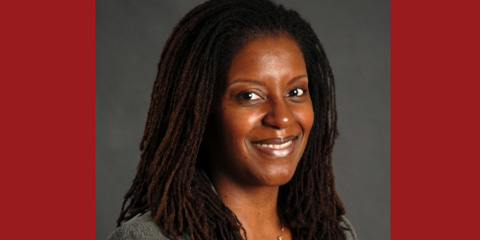
Much like the rest of the United States, Los Angeles is growing older. Its older adult population is projected to double by 2030. Compounding the problem is a looming shortage of geriatric social workers the National Institute on Aging estimates will need to increase 50 percent by 2020 to keep pace. Yet, the country’s accredited schools and programs of social work often struggle to recruit and graduate enough students to handle the demand.
-

The streets of Chicago can be a dangerous place for a teen. Crime and gang-related violence has caused more than 580 deaths among the city’s youth since 2008, according to a study by the University of Chicago Crime Lab.
-

Beth and Gus Lucas have pledged $25,000 to the USC School of Social Work to fund scholarships for students in financial need.
Beth Lucas, a member of the school’s Board of Councilors, said that she wanted to support anyone who had a desire to help others, especially in a tough economy.
“In these changing times, we need more social workers to not only address the needs of the populations we are aware of, but also of populations we continue to become aware of,” she said. “I just want to be able to help in any way that I can.”
-
Even though the USC School of Social Work hasn’t officially launched its part of The Campaign for the University of Southern California, donors to the school have given more in the last year than ever before. By doubling the previous two year’s donations, the School of Social Work has set an all-time school record for philanthropy, giving it a head start when it formally launches its campaign next fall.
-
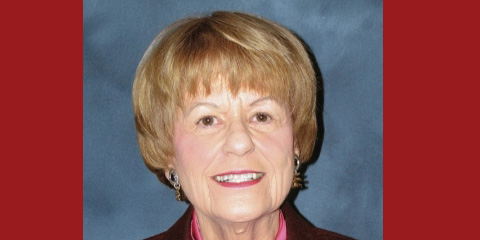
Major depression coupled with other chronic health problems, such as heart disease or diabetes, can place a severe burden on low-income, culturally diverse individuals who are less comfortable interacting with doctors and navigating complex health care systems.
-
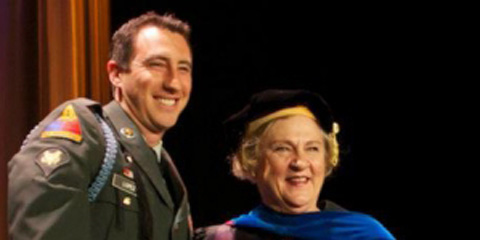
When Abby and Alan D. Levy’s daughter Jacqueline (“Jackie”) was in high school, she worked as a volunteer at Teen Line, answering phone calls from troubled teenagers. One night, when Abby went to pick up their daughter after her shift was supposed to be over, she found that Jackie wasn’t finished yet. After much waiting, Jackie emerged, armed with a new life’s purpose. She had just convinced a suicidal teenager to seek help. She had just saved a life.
-
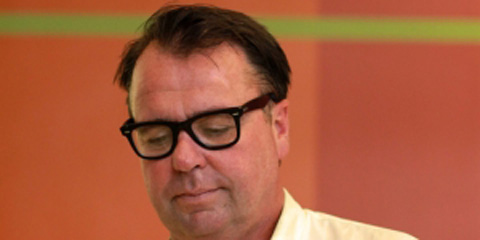
David Rochman was a teacher at William Jefferson Clinton Middle School near the University Park Campus when he first enrolled in graduate classes at USC three years ago to study education. He valued the rewarding opportunity to help impact the lives of children as an educator, but he thought he could do more outside the classroom.
-
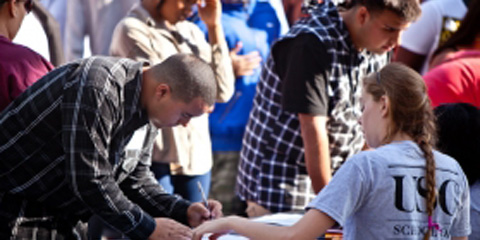
In a new kind of partnership uniting higher education, nonprofit organizations and philanthropy, the Hutto-Patterson Charitable Foundation has established an endowment to fund the creation of a field placement at the USC School of Social Work with United Friends of the Children (UFC), an organization dedicated to bettering the lives of foster youth.
-
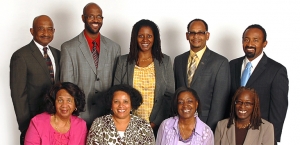
While working in the Seattle area as part of the mayor’s special task force on African-American elders, Karen Lincoln spent a lot of time talking to seniors and those who provided services to them. Her job was to advise the mayor on the needs of this population of older adults, and in learning about this community, Lincoln discovered a wealth of information and a deepened respect.
“It was through these interactions that I became aware of how dynamic our seniors are, how much they have sacrificed and how hard they have worked to support our communities,” she said.